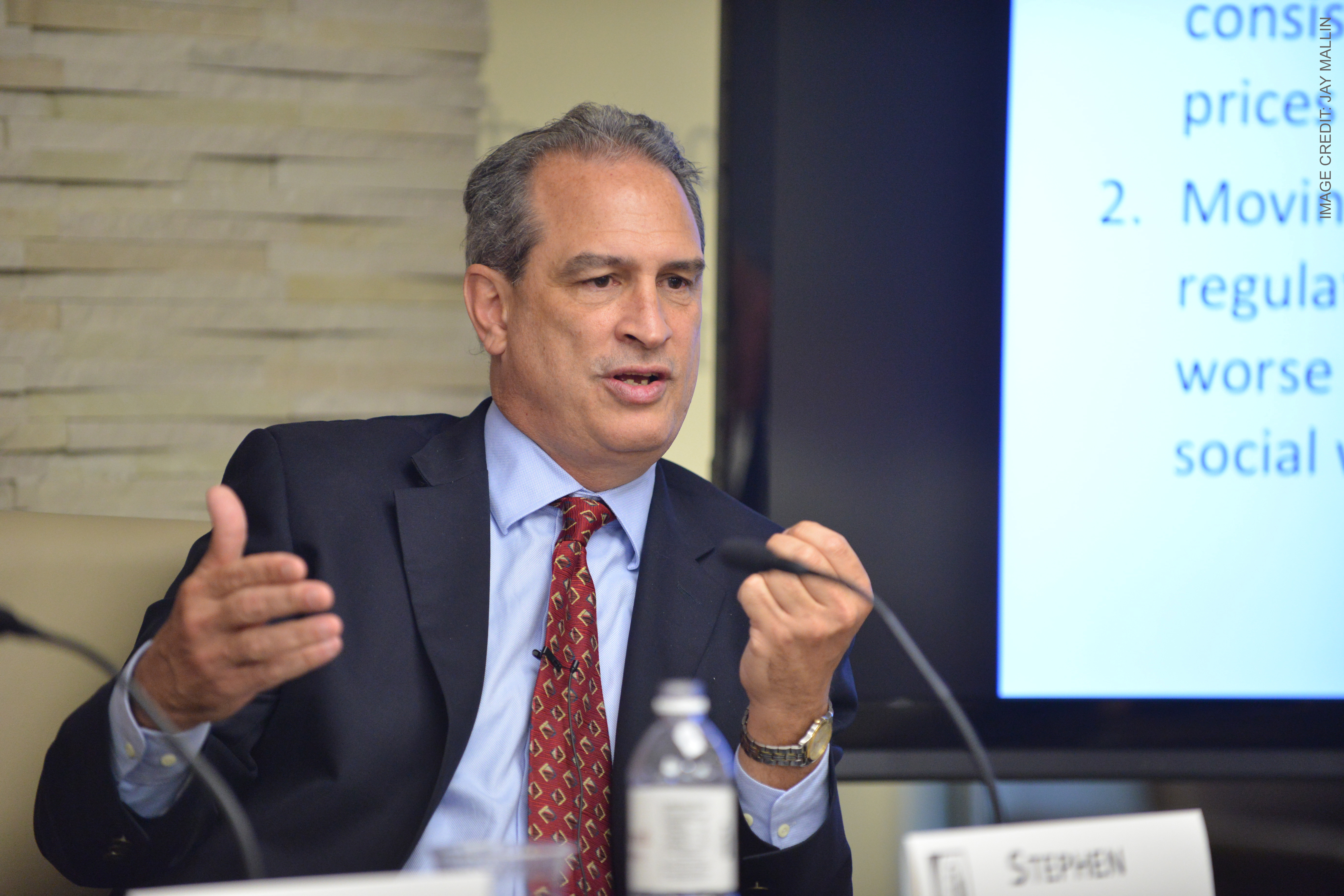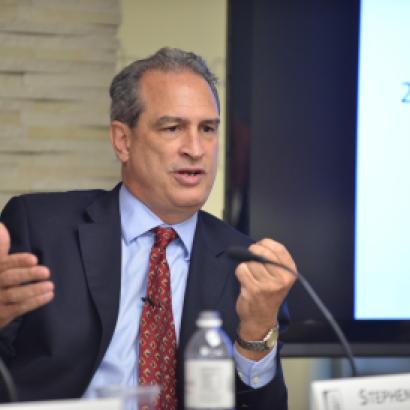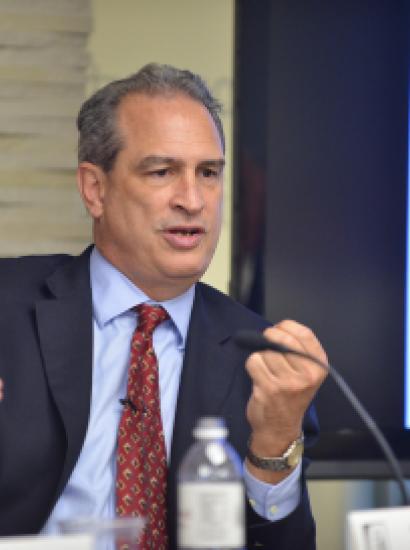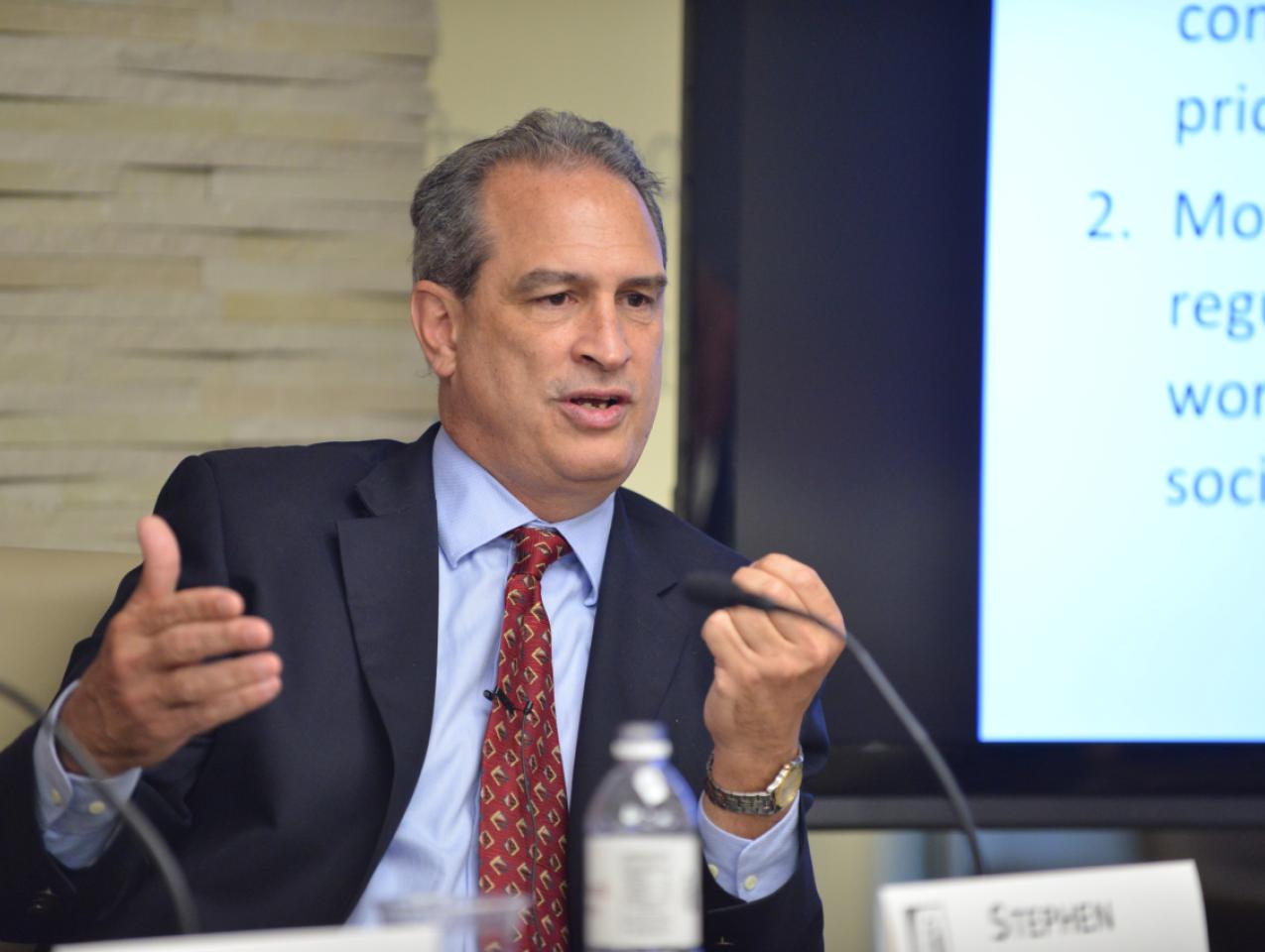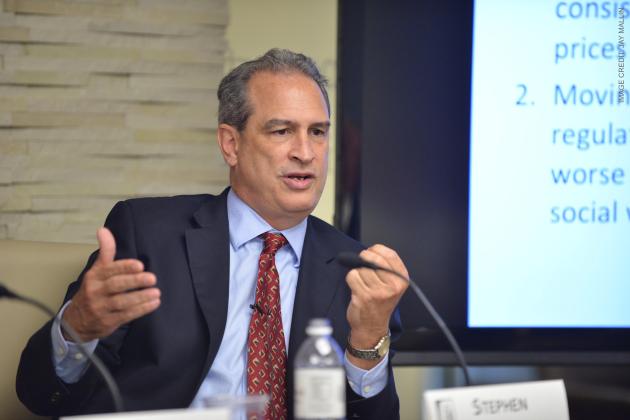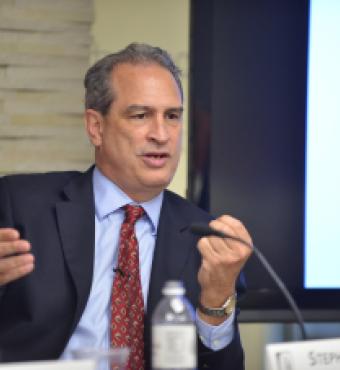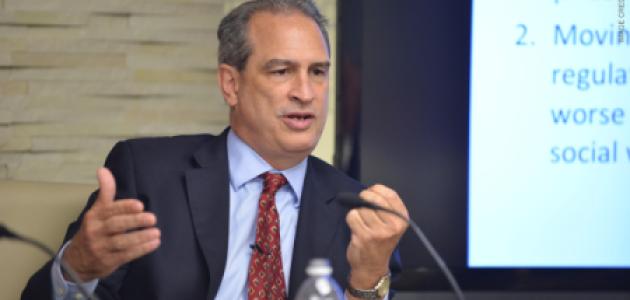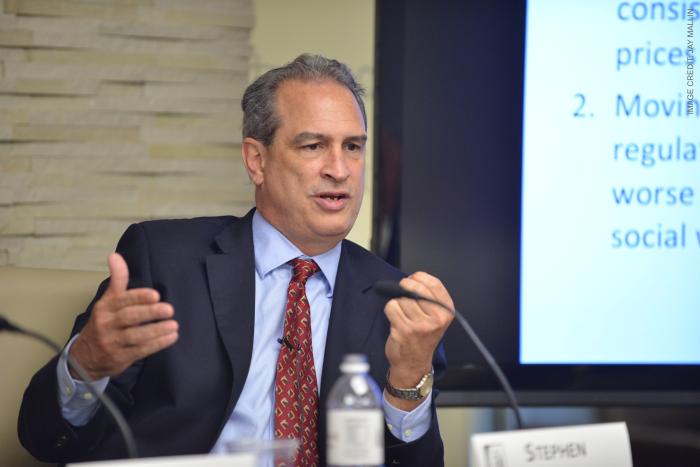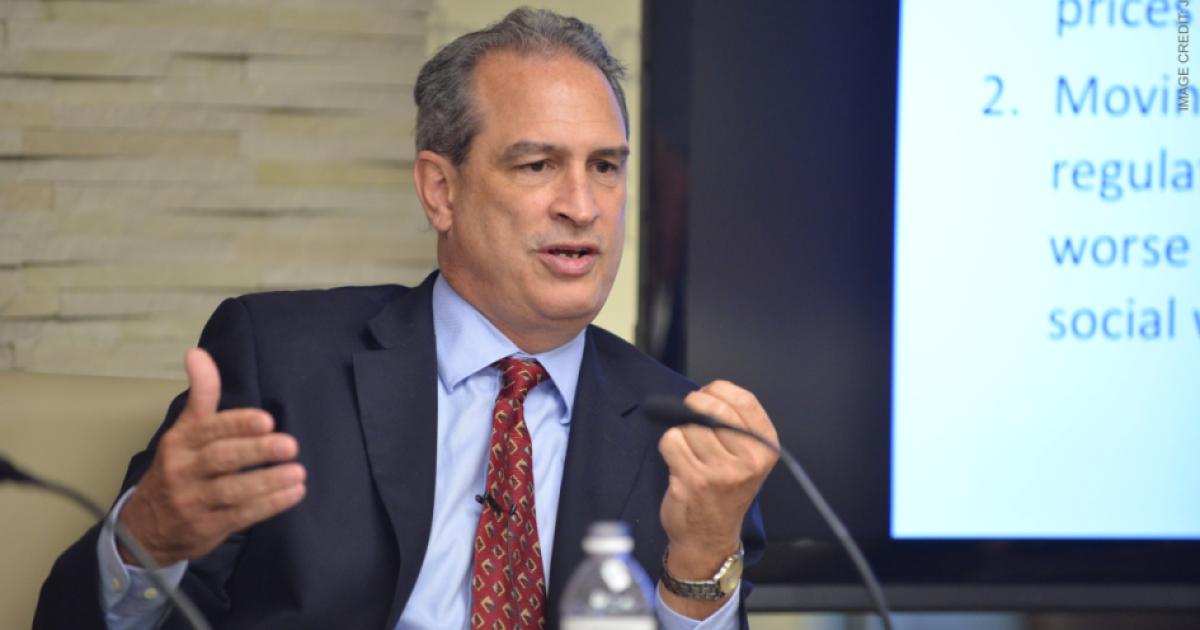The fourth session of the Hoover IP² Summer Teaching Institute on the Economics and Politics of Regulation will convene at Stanford University from August 3 through August 18, 2017. Stephen Haber, director of the Hoover Institution Working Group on Intellectual Property, Innovation, and Prosperity (Hoover IP²), announced that applications are now being accepted for the 2017 program; the application deadline is January 23, 2017.
The program is open to judicial clerks, congressional staff, analysts at federal regulatory agencies, law school students and recent graduates, graduate students in public policy programs, and other young professionals and attorneys. International students are invited to apply.
 The program offers a logic and evidence-based approach to evaluating the causes and consequences of government regulation across major policy domains. Haber said, “Evidence and reason are the linchpins to sound public policy creation; we emphasize both in every segment of instruction.”
The program offers a logic and evidence-based approach to evaluating the causes and consequences of government regulation across major policy domains. Haber said, “Evidence and reason are the linchpins to sound public policy creation; we emphasize both in every segment of instruction.”
After first providing the students a firm foundation in microeconomics, the two-week program then focuses on four interlinked regulatory issues: antitrust and competition among firms, financial regulation, environmental issues, and intellectual property rights. In describing the program, Victor Menaldo, a political scientist at the University of Washington and one of the program’s core instructors, said, “At the end of the course, students will better understand the enormous stakes involved in creating public policy, the many, competing demands placed on policymakers, and the important consequences for social welfare associated with their efforts.”
The seminars are taught by professors from leading academic institutions including Stanford, University of California at Berkeley, George Mason, George Washington University, University of Rochester, and University of Washington. In addition, commissioners from US regulatory agencies and industry leaders also lecture; they bring their real-world experience to supplement the economic theory and traditional classroom instruction.
 Limited to twenty-two students, the program provides them with a unique opportunity to interact with peers and new colleagues and to learn from award-winning teachers. The students live on campus at Stanford University, which further affords them the opportunity to develop their ideas and analyze the lectures in a more informal setting after classes end. Menaldo said, “The students become fully immersed in the microeconomics and political economy of regulation” and that the instructors, as well, benefit from this interaction; “my participation in this program has made me a much better teacher and researcher.”
Limited to twenty-two students, the program provides them with a unique opportunity to interact with peers and new colleagues and to learn from award-winning teachers. The students live on campus at Stanford University, which further affords them the opportunity to develop their ideas and analyze the lectures in a more informal setting after classes end. Menaldo said, “The students become fully immersed in the microeconomics and political economy of regulation” and that the instructors, as well, benefit from this interaction; “my participation in this program has made me a much better teacher and researcher.”
All costs are covered by the Hoover Institution, Stanford University. Prospective students may download the application form from the Hoover IP² web site.







